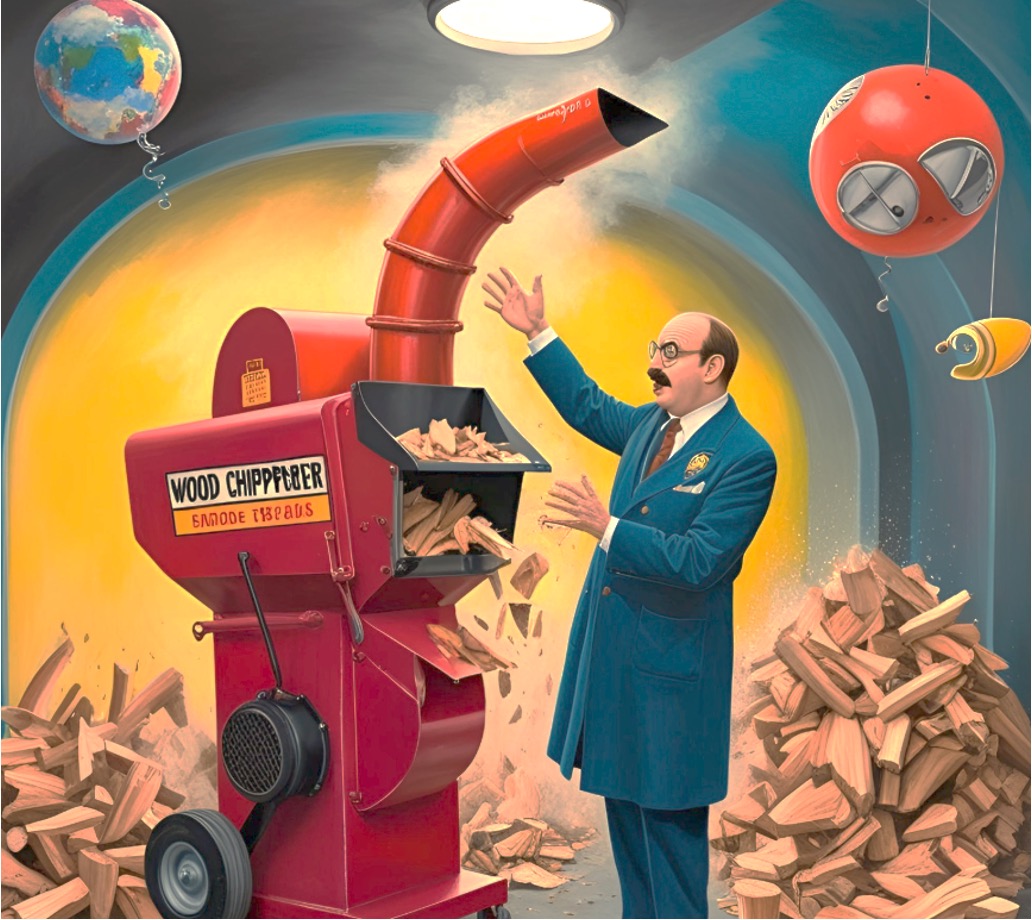For Christians, Easter is ultimately about the empty tomb and its promise of resurrection. But before the resurrection, there was the cross, which was widely viewed as a symbol of a terrifying system of imperial tyranny, a frequent instrument for executions during the Roman empire. Setting aside the miracles and the metaphysics, Easter offers an anti-tyrannical political message.
The Easter narrative warns against the dangers of greed, complicity and despotic power. It condemns the collusion of sycophants and the callous brutality of the mob. The story of Jesus’ execution exposes an entire system of unjust imperial rule over a subjugated people.
One of the villains of Easter is Judas, a money-grubbing thief who betrayed Jesus to the authorities. Another villain is Herod Antipas, who was also responsible for beheading John the Baptist. But it was Pontius Pilate, the authoritarian Roman ruler of Judaea, who conducted the trial of Jesus and was legally responsible for his crucifixion. That trial involved a bizarre ritual in which the mob was asked who it wanted to save. The mob cried out for Jesus to be crucified, while calling for the release of Barabbas, an insurrectionist.
All of this teaches a lesson about the need for a rules-based system of justice. Such a system would outlaw cruel punishments, such as scourging and crucifixion. It would prevent authoritarian rulers from consolidating the power to convict and punish. It would not defer to the stupid passions of the mob, nor would it depend upon the greed of paid informants. In general, it would avoid the excesses of swift imperial justice in favor of due process and the rule of law.
Such a system would be similar to that which is found in our own beleaguered constitutional system. The American Constitution guarantees freedom of religion, speech and the press, along with the right to assemble and petition. It prohibits unreasonable searches and seizures, requires due process of law and stipulates that those accused of crimes should be able to confront the witnesses against them. It also prohibits excessive fines, and cruel and unusual punishments.
This means that if a Jesus-like figure were to appear on the American scene, he would be free to preach and lead a movement, even if it infuriated religious and legal authorities. His followers would be free to protest, write and criticize the policies of the church and the state. And if this figure or his followers were accused of crimes, they would have basic rights that protect them against arbitrary detention. In our system, prisoners cannot be mocked or manhandled, or cruelly killed.
None of this was true in ancient Roman Judaea. The Roman authorities ruled with an iron fist. Crucifixion was intended to send a message to rebels and rabble-rousers. And while some of the locals may have thought that they could play along with imperial power, the Romans eventually destroyed the Jewish temple in Jerusalem. They also rounded up and killed Peter and Paul, and other Christians.
The American founders understood the dangers of imperial power run amok. In 1775, John Adams claimed that a republic was “a government of laws, and not of men.” He further said, “An empire is a despotism, and an emperor a despot, bound by no law or limitation, but his own will.”
Soon enough, in 1776, the Americans broke with England, claiming that the king had become tyrannical and despotic. The arbitrary and authoritarian application of the power to punish was viewed as a sure sign of tyranny. Among the complaints against King George listed in the Declaration of Independence are depriving people of “the benefits of trial by jury,” and “transporting us beyond seas to be tried for pretended offenses.”
Unfortunately, our own government is now transporting people to foreign countries without due process. We are also threatening to occupy Greenland and annex Canada. Easter provides a cautionary tale for the present moment. It reminds us of the need for due process and the rule of law, and about the dangers of imperial excess.
The Easter narrative also calls for sympathy for the victims of unjust power. If it seems that we are more Roman than Christian these days, it can help to recall that the hero of Easter is Jesus and not Pontius Pilate.
Read more at: https://www.fresnobee.com/opinion/readers-opinion/article304438096.html#storylink=cpy






